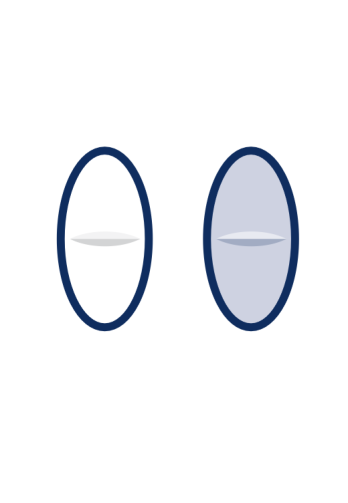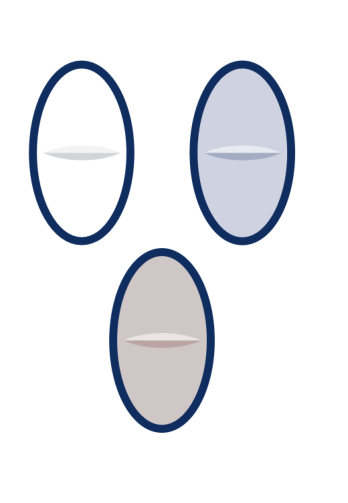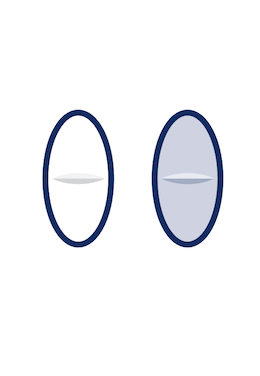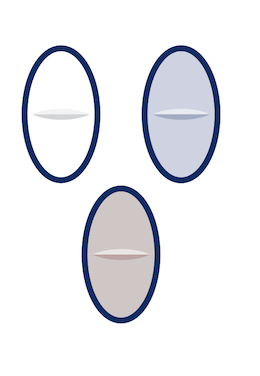
Comparing New Treatments for People with Newly Diagnosed Acute Myeloid Leukemia That Has an IDH2 Gene Change
What is the purpose of this clinical trial?
|
This trial is for people with acute myeloid leukemia (AML) that has a change in the IDH2 gene, which can make AML grow and spread. Patients are matched with this trial based on their biomarker test results in the myeloMATCH study. |
The trial compares 2 combinations of drugs for treating these patients:
|
venetoclax |
vs. |
|
Researchers hope to learn which of these drug combinations works better at getting rid of AML.
The study drugs
The combination of venetoclax and ASTX727 is very similar to a standard treatment for AML: venetoclax and decitabine. ASTX727 contains decitabine — but ASTX727 is a pill, while decitabine is given through an IV (a needle placed into a vein in the arm).
ASTX727 is approved by the Food and Drug Administration (FDA) for treating other types of blood cancers. It’s not approved for AML.
Enasidenib treats AML by blocking the IDH2 protein in cancer cells. Using enasidenib alone to treat AML with an IDH2 gene change is approved by the FDA.
| All the medicines in the study are pills — so you won’t have to go to a clinic or hospital for an IV. |
This trial is set up to find out:
- If it’s safe for people to receive enasidenib with venetoclax and ASTX727
- Which of the study treatments gets rid of AML in more people
Why is this trial important?
Younger patients with AML often receive intense chemotherapy, but it can be hard on the body and may not work as well in older patients. This trial is testing less intense treatments in older patients and people who can’t receive intense chemotherapy.
In addition, there’s evidence that adding enasidenib to some current treatments can help those treatments work better. This study is a chance to test if adding enasidenib to the newer treatment combination of venetoclax and ASTX727 can help get rid of AML.
Who can be in this trial?
This trial is for people with acute myeloid leukemia (AML).
This trial may be for people who:
- Are age 60 or older or can’t receive chemotherapy that uses the drug cytarabine
- Have an IDH2 gene change (based on biomarker testing in the myeloMATCH study)
This trial is not for people who:
- Already started treatment for AML
- Are so sick that they’re usually in bed
- Are pregnant or breastfeeding
Talk with your doctor to learn more about who can join this study.
What treatments will I get?
There are 2 parts in this study. Your doctor will tell you which part you’re in.
Part 1 (safety run-in)
The first 6 to 9 patients in the study will receive venetoclax, ASTX727, and enasidenib.
|
|
The study doctors will watch this group carefully for side effects. If the drug combination does not cause serious side effects, the study will move on to Part 2.
Part 2
Most patients in the study will be in Part 2. If you’re in Part 2, a computer will randomly assign you to one of these groups:
|
|
Group 1venetoclax and ASTX727 Your doctor will tell you which days to take the drugs. |
|
Group 2
Your doctor will tell you which days to take venetoclax and ASTX727. You’ll take enasidenib every day. |
Your doctor will not have control over which group you’re assigned to. This helps make sure the study results are fair and reliable.
How long will I be in the trial?
You’ll be in the trial for up to 5 years. During this time, you may keep taking the study treatment for as long as it helps you. You’ll also have visits with your doctor for as long as you’re in the study.
After you finish treatment in this study, you may have the option to join another myeloMATCH trial.
Are there costs? Will I get paid?
You won’t have to pay for the venetoclax, ASTX727, or enasidenib you’ll get for the trial. As part of the myeloMATCH study, biomarker lab testing in this trial is also provided free.
To learn more about what costs will and won’t be covered, talk to your health care provider and insurance provider.
You will not be paid for joining the study.
Where can I find more information about this trial?
- Talk with your health care provider
- Call the National Cancer Institute at 1-800-4-CANCER
- Go to www.ClinicalTrials.gov and search the national clinical trial number: NCT06672146
- For a list of trial locations, visit swog.org/NCI-MM1OA-S03




